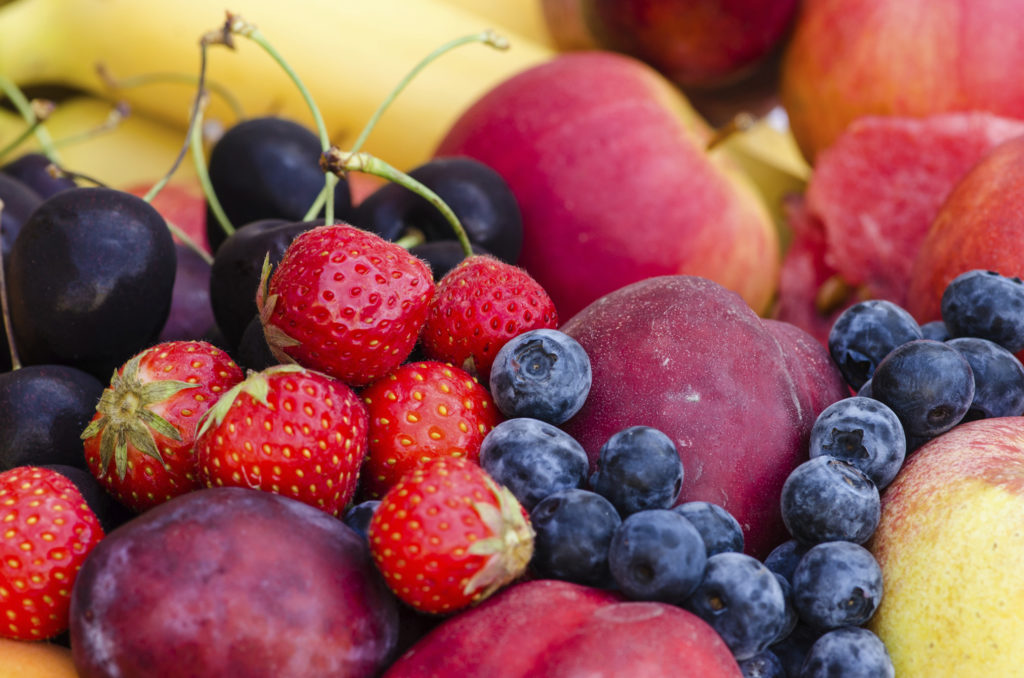
There isn’t a definitive description of the term fruitarian diet, which usually leads to misunderstanding and confusion. Nevertheless, people on a fruitarian diet consume primarily a plant-based diet, while avoiding animal products and meat. Even though every person adopts the diet differently, there is a rule that between 55% to 75% of the diet should consist of raw fruit. Lots of people also opt for grains, seeds, and nuts.
If you thought that the fruitarian diet should consist only of the usual fruit, such as grapes and apples, you are wrong. Fruitarians can also consume avocado, tomatoes, and cucumber. Avocado provides the necessary fat intake, while nuts and seeds provide the much-needed protein.

How Healthy is Fruitarian Diet?
As the fruitarian diet consists mainly of fruit, the diet is considered to be a very restrictive eating regime and cannot be easily balanced. The fruit is packed with protective antioxidants which are, according to Dr Natura, essential, as well as, vitamins and minerals. A minimum of five portions of fruit and vegetables each day is the recommended amount. However, there are people who are intolerant of the natural sugar found in fruit, called fructose. Hence, these people find fruit very problematic and can experience gut symptoms, such as diarrhea, abdominal discomfort, and bloating.
There have been made many links between high intakes of fructose and certain cancers, but further research is needed. However, according to Cancer Research UK, whole fruit should be consumed as part of a varied and balanced diet as it supplies nutritional benefits. The fructose in fruit can trigger tooth decay, especially when the fruit is juiced.
Does Fruitarian Diet Lack Nutrients?
A fruitarian diet doesn’t contain all the nutrients our body needs. Not consuming different food groups might cause vitamin B12, iron, calcium, mineral iodine, and vitamin D deficiency, which might lead to tiredness and anemia. Likewise, this diet might be also low in protein and essential fatty acids, which are crucial for growth and repair, hormone regulation, and the normal function of the immune system.

Can You Follow Fruitarian Diet in the Long Term?
It isn’t safe to follow the fruitarian diet in the long term. In fact, eliminating certain food groups and consuming only a limited number of foods can increase the risk of malnutrition. Likewise, it’s hard to have a balanced diet when you follow the fruitarian diet. Moreover, consuming high levels of fructose might increase the risk of dental erosion and digestive issues.
Can Fruitarian Diet Help You Lose Weight?
Restricting the amount of food you consume will help some people shed pounds. Nevertheless, besides losing weight, people are likely to experience a weakened immune system, tiredness, and anemia. Hence, when they go back to the normal dietary patterns, the weight will probably come back. It’s important to note that eating high quantities of fruit can also add weight to some people as there is a huge amount of natural sugars in fruit.

Which Groups of People Should Not Follow a Fruitarian Diet?
Fruitarian diet isn’t suitable and recommended for people who suffer from blood sugar issues or kidney and pancreatic disorders. Moreover, a strict fruitarian diet should also be avoided by vulnerable groups of people, such as persons under 18, elderly people, people with a low body mass index, people who take medications, and people who have a history of eating disorders. Moreover, a fruitarian diet isn’t recommended for pregnant or breastfeeding women. Nevertheless, before you embark on the fruitarian diet journey, make sure you talk to your doctor about it.














